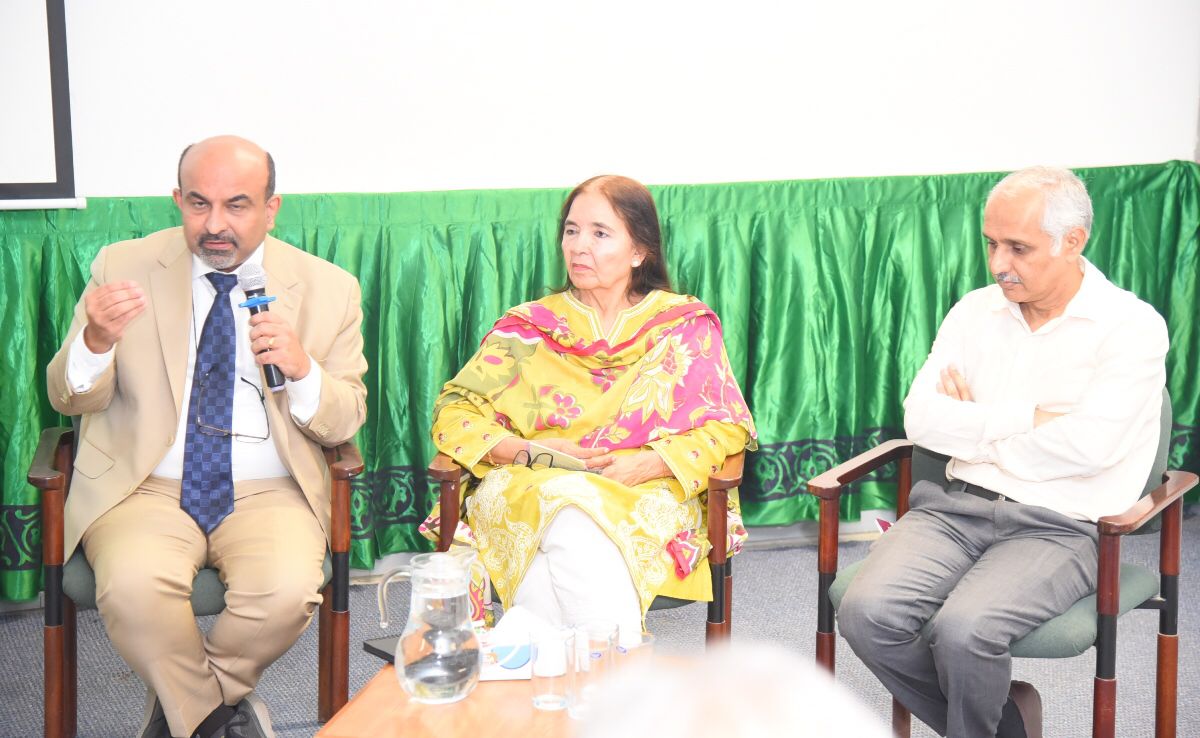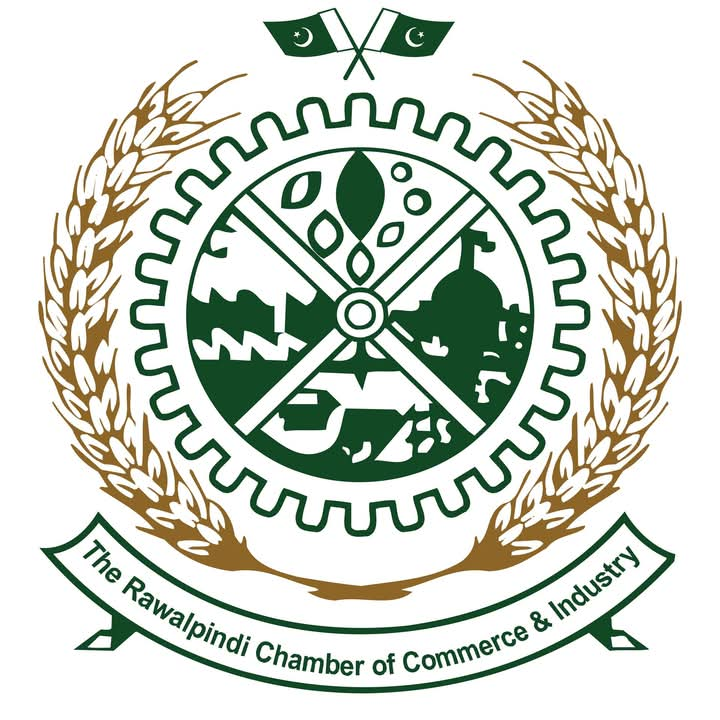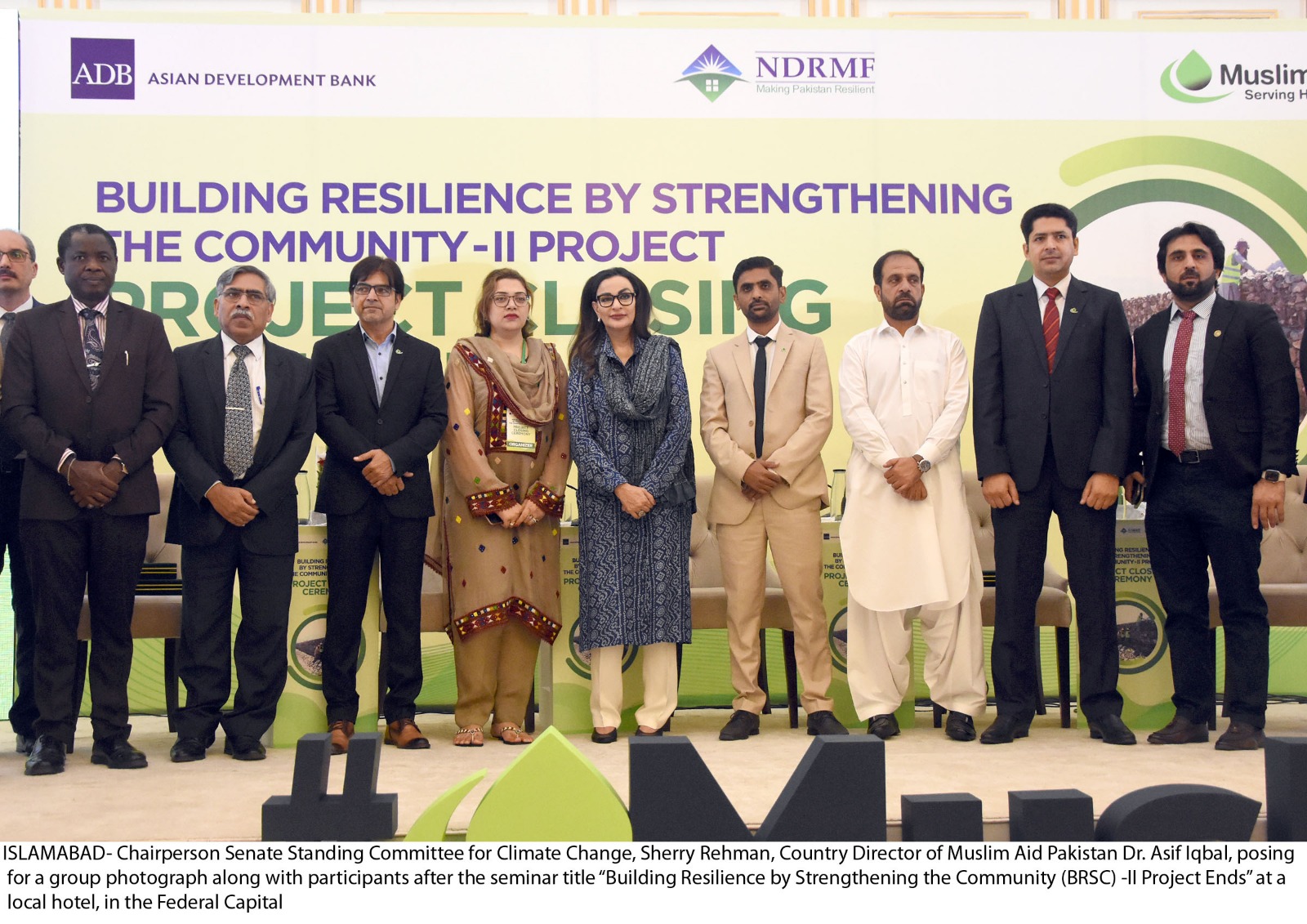AKU & CSJ Collaborate to Address Education Policy Challenges
Islambad (NNP) The Aga Khan University Institute for Educational Development (AKU-IED), in collaboration with the Centre for Social Justice (CSJ), Pakistan hosted a dynamic policy dialogue on ‘Overcoming Educational Policy Challenges through Better Governance’.
The event served as a platform for engaging experts and stakeholders, fostering innovative strategies for governance enhancement, gaining valuable insights into improving educational outcomes, and contributing to the development of a comprehensive policy roadmap for sustainable progress.
The distinguished panel featured prominent figures including Dr Riaz Ahmed Shaikh, Dean of the Faculty of Social Sciences and Education at Shaheed Zulfikar Ali Bhutto Institute of Science and Technology (SZABIST); Ms Sadiqa Salahuddin, Founder and Executive Director of the Indus Resource Centre; Professor Farid Panjwani, Dean of AKU’s Institute for Educational Development; Mr Jamil Ahmed Khan, Former Ambassador and Advisor to the President at AKU; Ms Maleeha Manzoor, Member of the Sindh Provincial Assembly; Ms Nausheen Adnan, Member of the Punjab Assembly and CM Advisory Committee on Education; and Mr Sukhdev Hemnani, Board Member of the Sindh Human Rights Commission. The sessions were moderated by Mr Peter Jacob, Executive Director, and Ms Tayyaba Rafiq, Project Coordinator, both representing the Centre for Social Justice.
Reflecting on the importance of effective policy implementation, Professor Panjwani emphasized, “The true success of policy lies not just in its creation, but in its effective execution. Bridging the gap between policy and action requires strong collaboration across stakeholders. It’s through open dialogue and a focus on shared goals that we can unlock the full potential of our education system. By fostering continuous communication and accountability, we can ensure that sound policies translate to real benefits for our students and the nation.”
The event also featured an insightful analysis of education manifestos by AKU-IED students. They established 16 parameters, including education for out-of-school children, character education, inclusive education, gender disparities, mental health of students and teachers, technology challenges and more. Based on these parameters, they developed a rubric to evaluate the manifestos and assess the performance of their respective policies.
In his closing remarks, Mr Jacob of CSJ welcomed the government’s education reform announcement saying, “We are hopeful that the current dialogue will continue and will help to improve educational standards and leading to increasing the quality to education system overall.”





